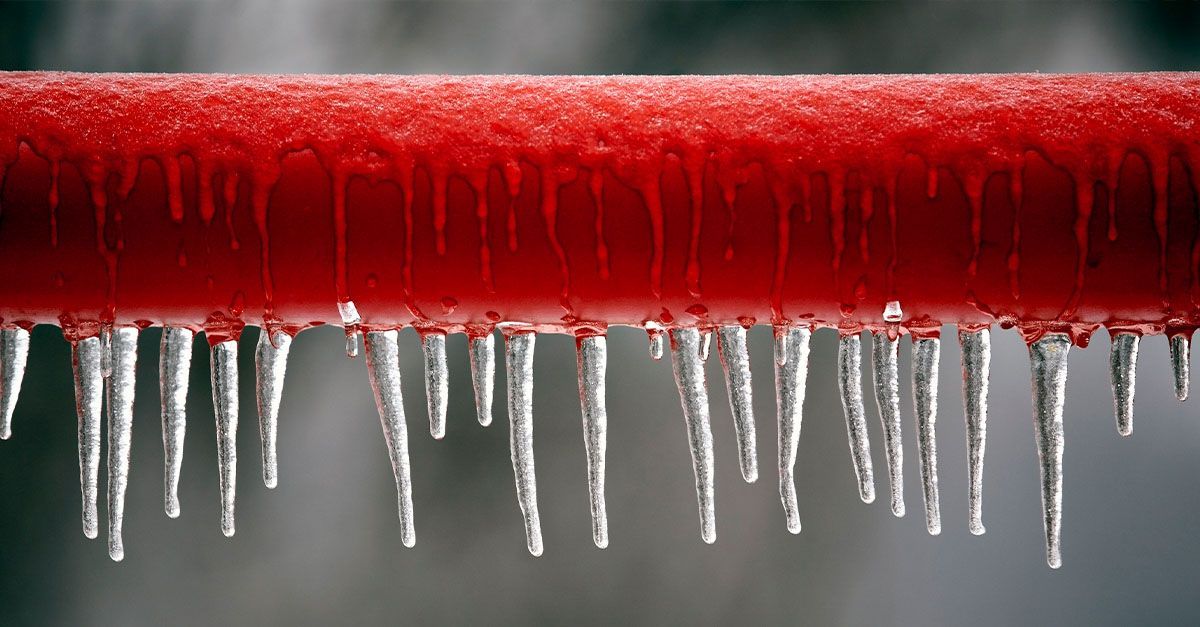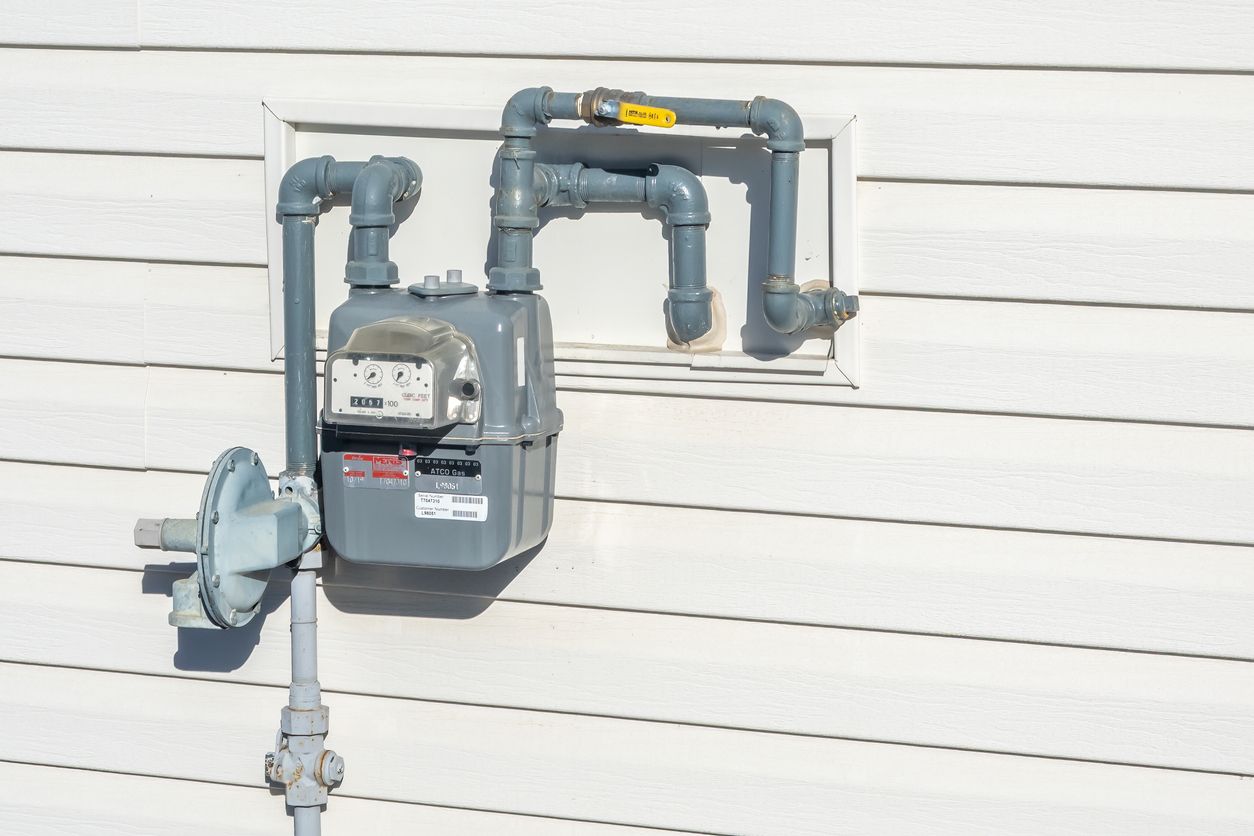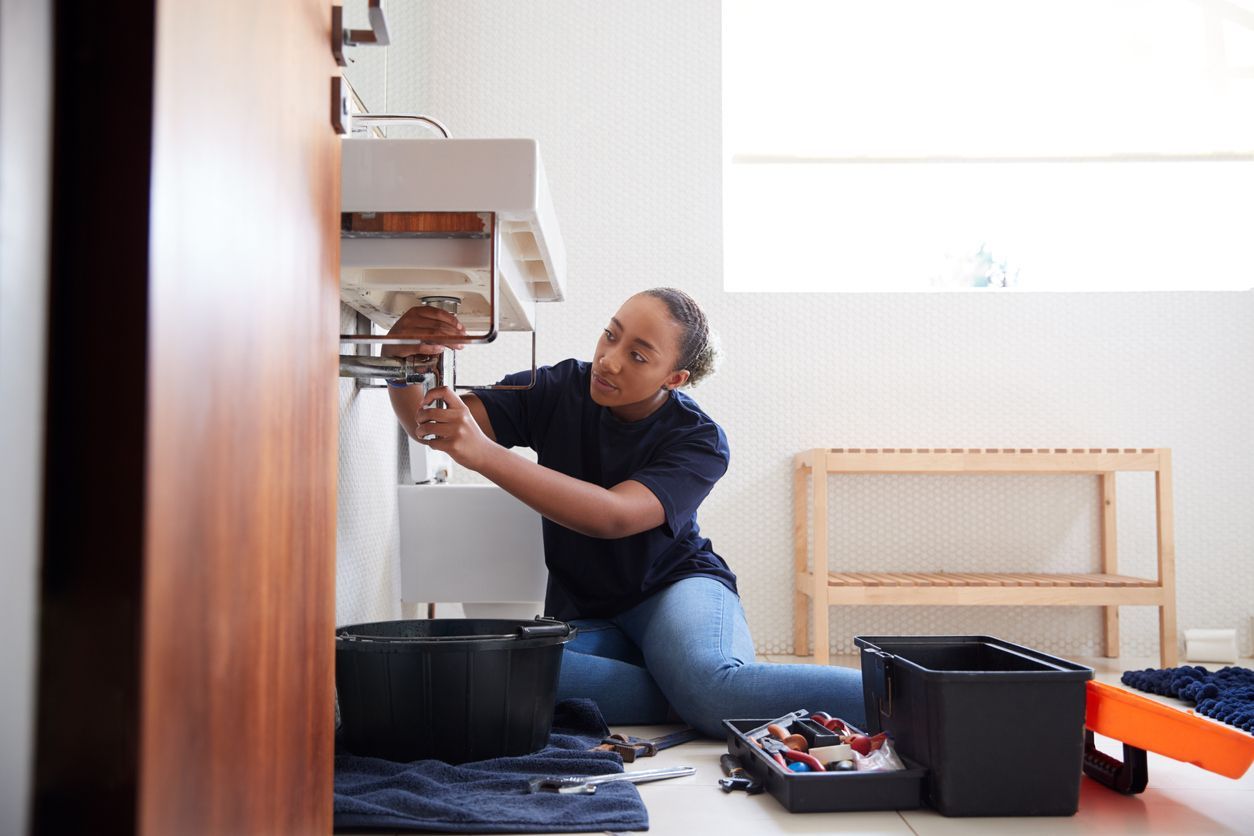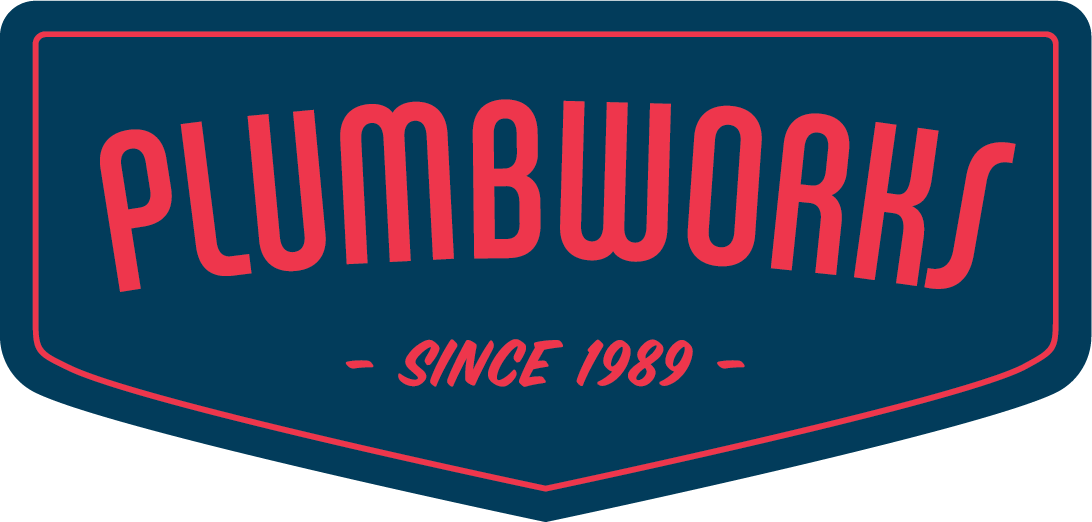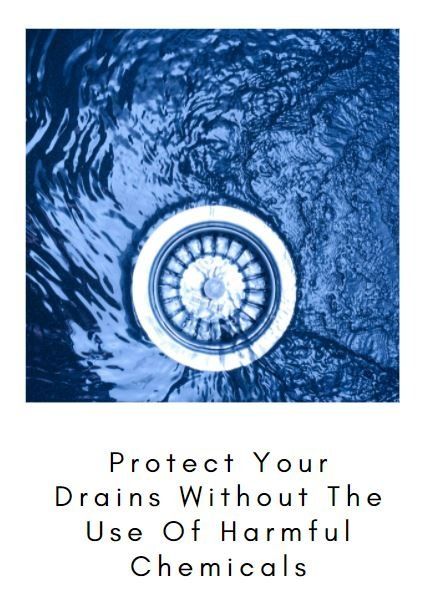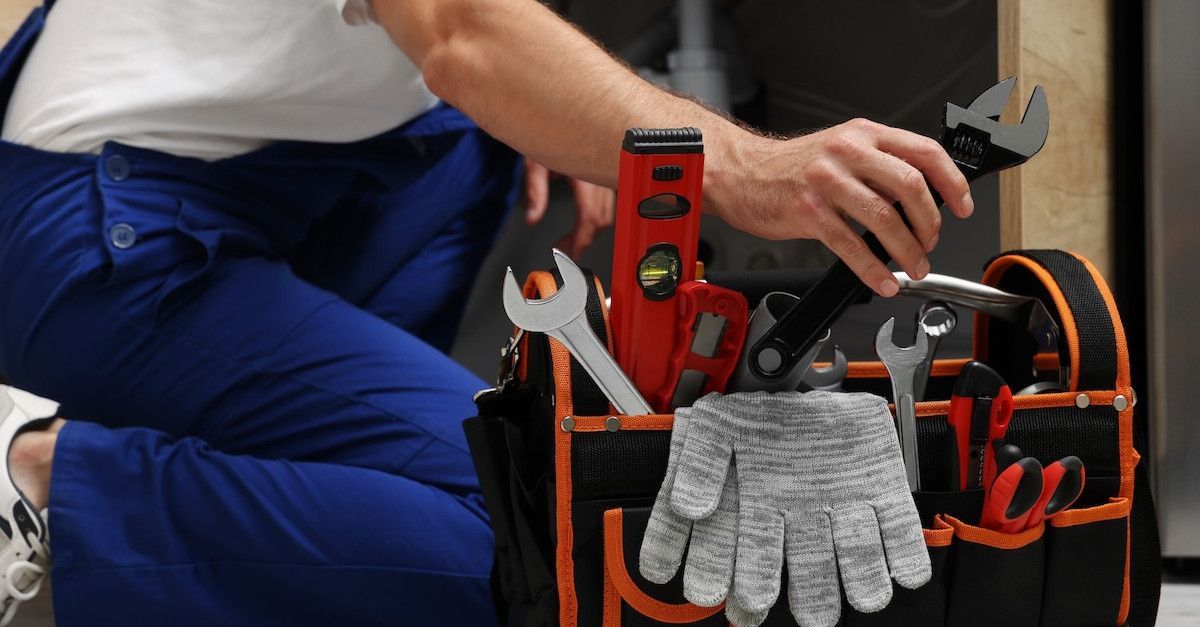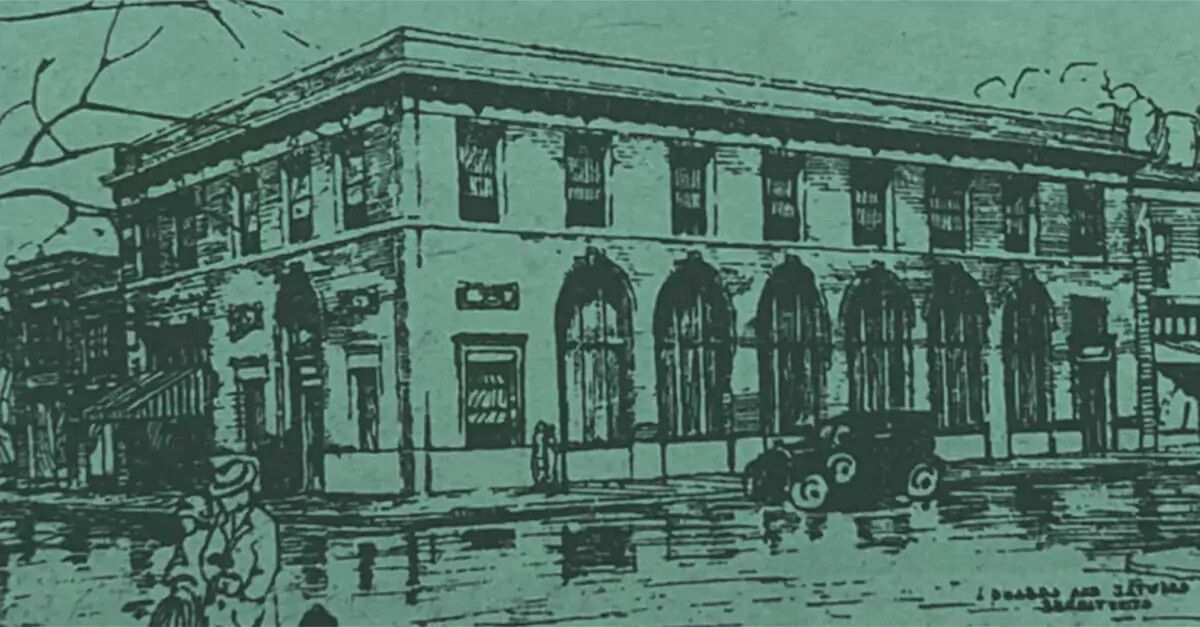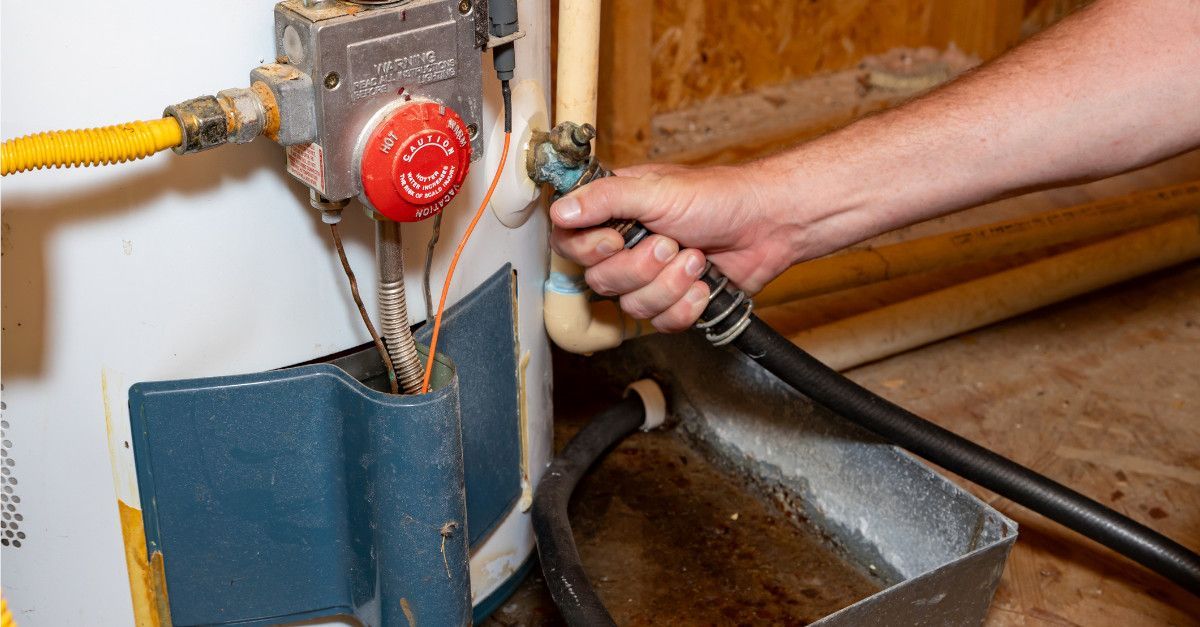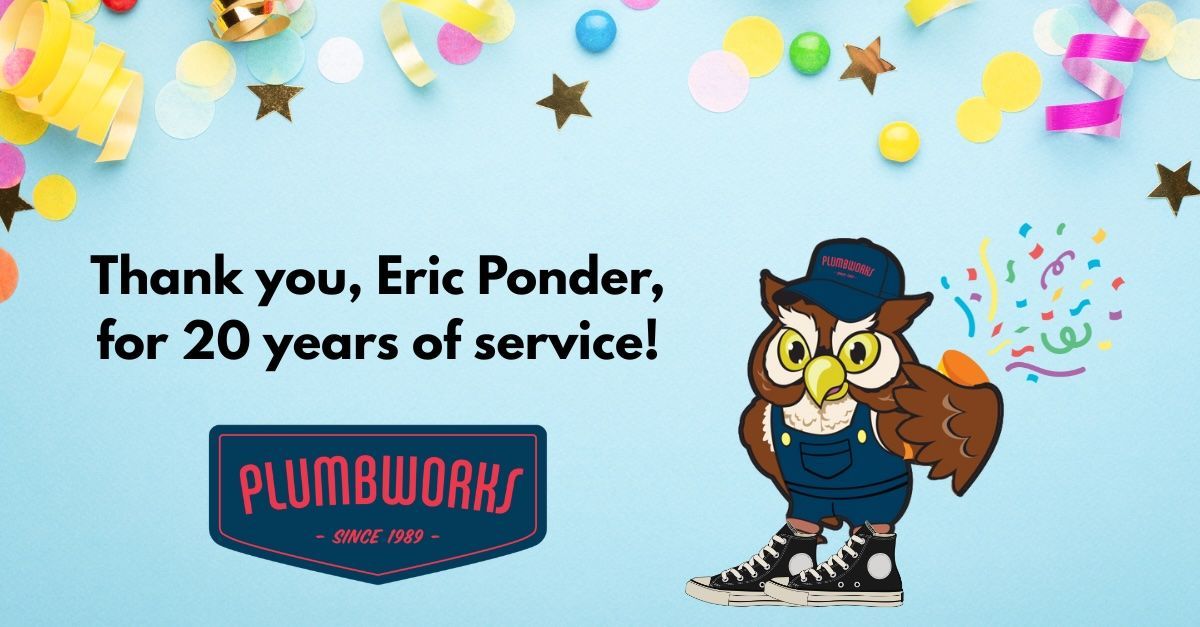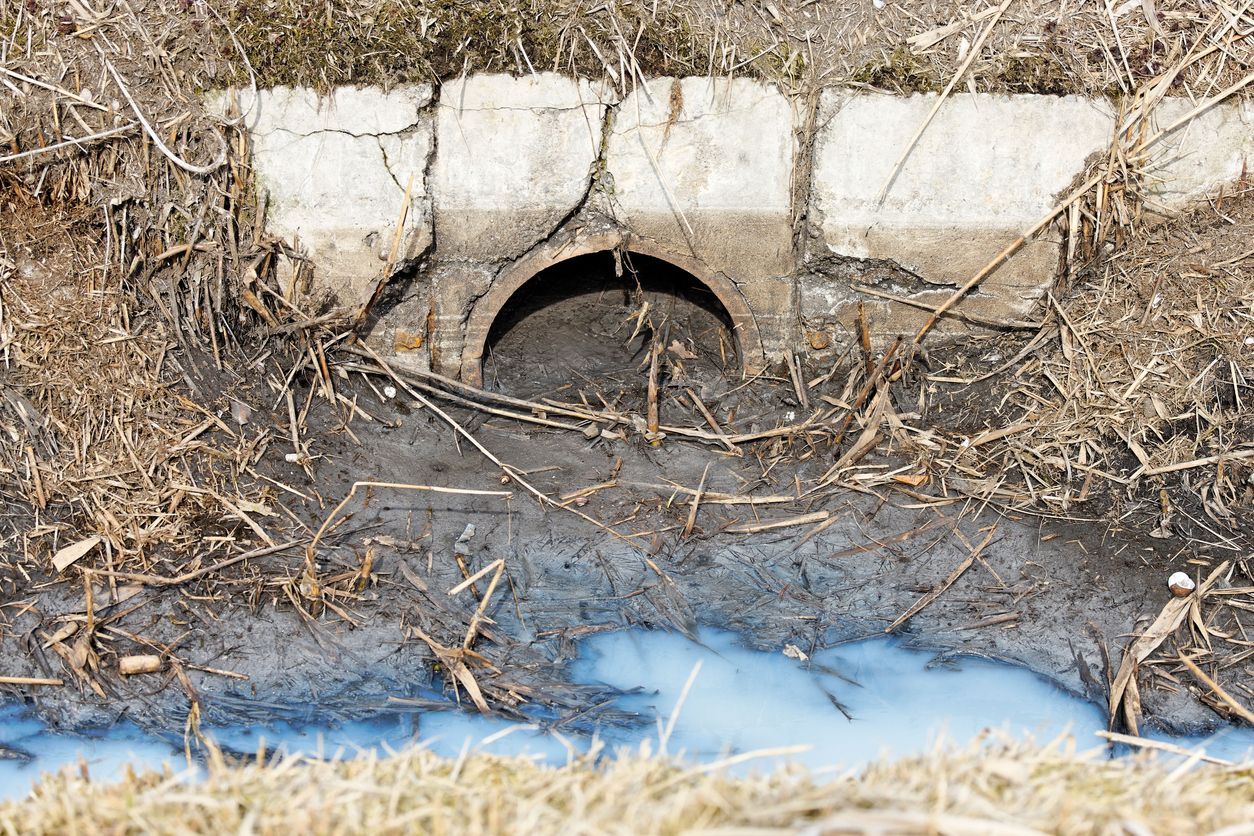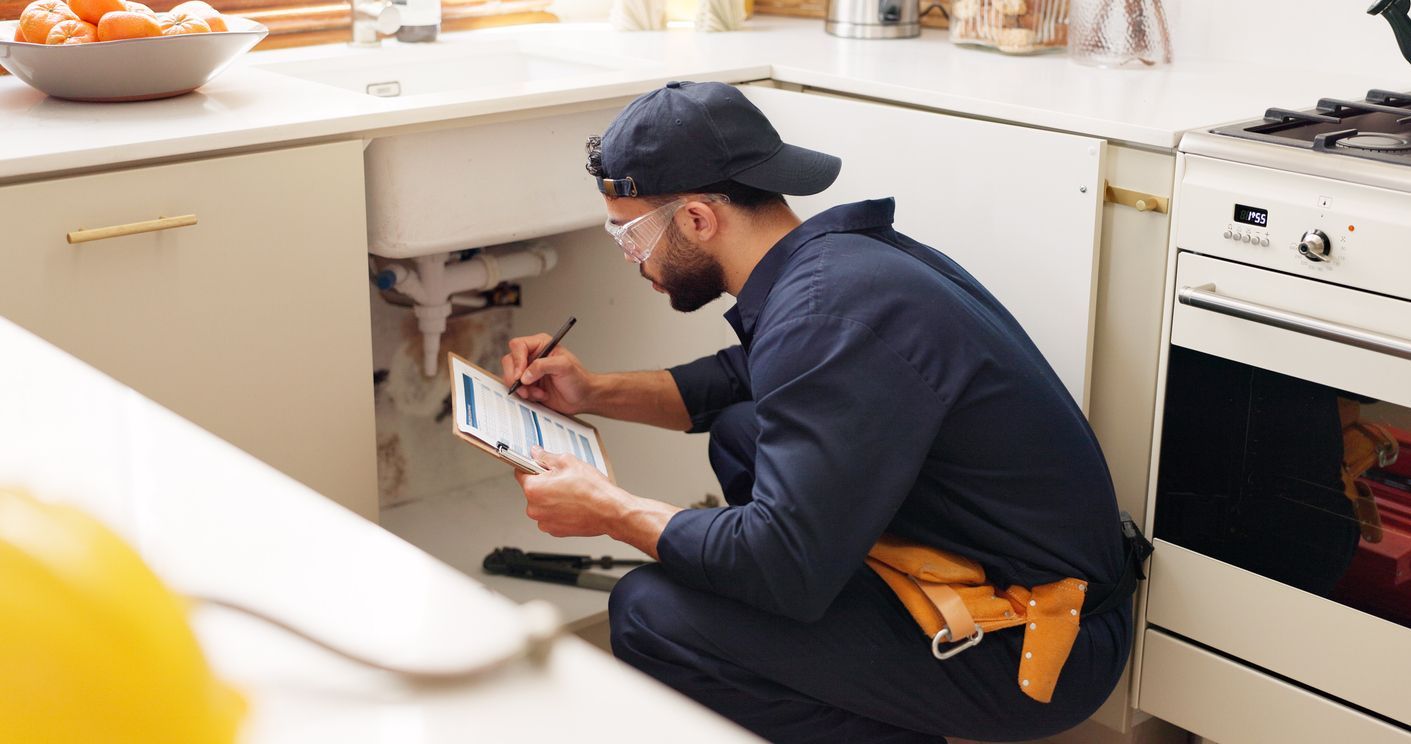How to Clear Clogged Drains
Are you embarrassed to have company over because of a nasty smell drifting from your kitchen sink? Are you starting to avoid the shower because a puddle of dirty, soapy water forms at your feet? Chances are that your bathtub drain is clogged or not draining fast enough to keep up. Whether it’s a sink, bath tub, or toilet, it’s a common occurrence for something in your home to eventually become blocked. Believe it or not, you likely won’t need to call your
local plumber for this one. Below we explain how to unclog sink or shower drains yourself using methods that are easy for you and easy on your wallet.
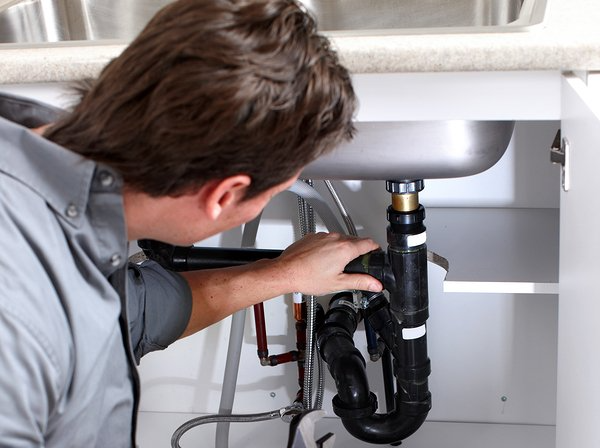
Causes of a Clogged Drain
Water isn’t the only thing that pipes are used for. Think of all the hair, soap, food, and more that goes down the drains in your home. Provided that pipes are like narrow tunnels, It’s no surprise that they can become obstructed by the build up of particles or objects that are too big. The blockage can completely seal them shut or still allow for slow drainage depending on the severity.
If you have young, curious children in the house, you’ve probably experienced a complete toilet obstruction from the random items they flush down. Not only toys, but also products meant for the toilet such as wipes and toilet paper can still cause similar trouble if too much is flushed. It’s the same for both kitchen and bathroom sinks along with showers. Buildup of food particles, soap, and the largest culprit, hair, which are regularly sent down a drain can seal it shut. Even if you are doing nothing in particular to clog pipes, it can still happen from buildup over time so make sure you’re prepared for the occasion with our advice.
How to Unclog a Pipe
Shaping your life around a stopped up drain can be tiring, but you may be hesitant to pay the money for a plumber. Lucky for you, a clogged drain can likely be fixed at home as explained by Jerome in the following video:
If you suspect that a bathroom sink or shower drain is clogged, the first thing you should try is pulling the round, metal center out of the drain. This piece is called the plunger and it often catches hair and soap scum. After cleaning the plunger, your clog may be fixed. For some sinks, the plunger cannot be pulled up that easily. You may have to go under the sink to release the small rod that’s attached to it. Don’t worry, this can be done by simply unscrewing the nut that the rod comes out of. Afterwards, the rod should easily pull out along with the plunger.
In the case that your sink or tub still isn’t draining properly, it may be a problem deeper in the pipes. For both bath and sink drains, a drain stick or snake will likely do the trick. It’s a long, thin plastic device with either spikes or a hook at the end. Lower the snake all the way into the drain and wriggle it around to catch any debris. When the snake is pulled back out, it will likely be covered with hair and old soap that was freed from the pipes. In the case that none of these solutions worked for you, then give us a call! The problem may be more serious and we’ll gladly have a
drain cleaning specialist visit you.
How to Protect Your Pipes
When it comes to clearing a drain, one idea that comes to mind is a drain cleaning solution. In reality, chemical cleaners can actually damage your pipes and cause corrosion over time. That includes the use of boric acid which is thought to have many uses and can easily be bought at Walmart. To avoid a mess in kitchen sinks or bathtubs, consider using a drain catcher that will allow water to pass but catch any large food particles or hair that might cause trouble later on. Additionally, grease can solidify in your pipes causing congestion so try pouring it in the trash instead. For toilets, always be aware about what’s being flushed. If you have a young child who likes to flush toys, you may benefit from a toilet seat lock to keep them from flushing objects when you’re not around. And when it comes to toilet paper, a little won’t harm anything.
Signs of a Clogged Drain
The most obvious sign that your drain is clogged is when water is either draining slowly or not at all. What you probably didn’t know is that leaking, strange sounds, and foul odors are all also signs of improper drainage. If the signs are present in your home, give Jerome’s advice a try and you might be surprised. Remember that no matter what your pipe situation is, you have the chance to fix it on your own and get back to a routine that doesn’t consist of worrying about drains. However, if you need professional help, call our team of Atlanta plumbers. 404-524-1825
FAQs
